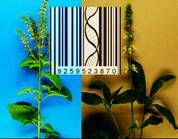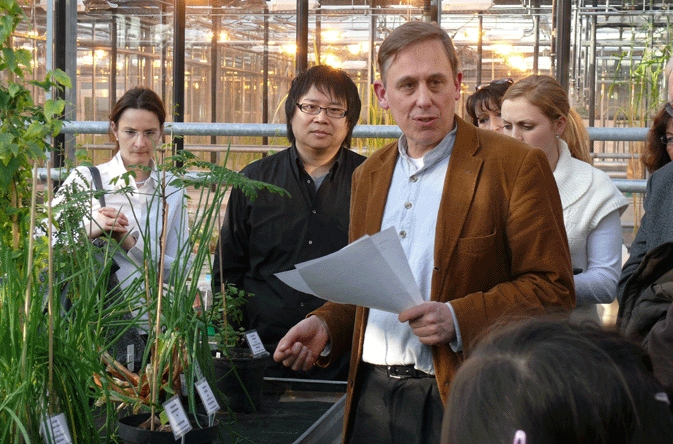PlantAuthent - molecular tools for consumer protection
What is the topic? Our markets become global and Europe is flooded with numerous novel plants. The identity of these plants and the products made of them is central, if one wants to protect consumers against deception by non-efficient or even dangerous surrogates. The identity of an organism is encoded in the gens. Therefore, differences in certain marker genes can be used to identify an organism. We use genetic fingerprints to determine a plant species in a product.
How do we proceed? Any molecular authentication can be only as good as it is based upon a authentic reference. Therefore, we cultivate in the Botanical Garden oft he KIT reference plants, whose identity have been verified by classical taxonomoy, but also by molecular markers. The word on the quality of our collections has spread, and they are therefore often used by visiting scholars. No matter, whether we were dealing with Stevia, Chia, Moringa or Bamboo Tea – our reference plants helped us to discover in the numerous food trends many cases of mislabellings or even adulterations.
Pflanzen der Traditionellen Chinesischen Medizin
Herba Sinica Kurier (April 2012)
Die Arbeitsgemeinschaft deutscher TCM-Apotheken besuchen im Rahmen ihrer Jahrestagung den Botanischen Garten und informierten sich über unser Projekt zur Authentifizierung von Pflanzen der Traditionellen Chinesischen Medizin mithilfe von molekularen Markern, ein Kooperationsprojekt mit der Firma Phytocomm in Kehl, einem der größten Importeure für TCM-Produkte in Deutschland.


